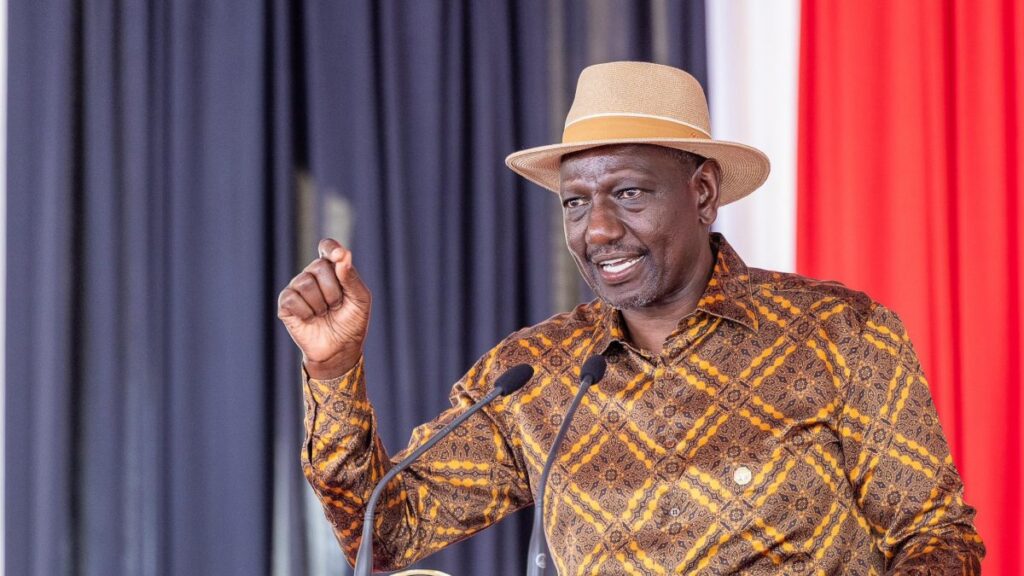Four activists have filed a petition in the High Court challenging the legality of President William Ruto’s decision to appoint a panel of experts tasked with overseeing compensation for victims of protests.
The petitioners argue that the president acted outside his constitutional mandate by establishing the panel through a presidential proclamation and subsequent gazette notice issued in August 2025. They maintain that the Constitution does not grant the president powers to unilaterally form such a body, especially one dealing with sensitive matters of compensation and reparations.
According to their application, they seek a declaration from the court that the panel is unconstitutional, null, and void. They also want the court to quash the proclamation and gazette notice, as well as any future documents purporting to establish similar panels under the same authority. The activists further request that any report, recommendation, or action arising from the panel be declared illegal.
The petition highlights concerns over transparency, accountability, and due process in the establishment of the panel. It argues that the process was neither open nor competitive, with only the president aware of how the members were selected. This, they contend, is in violation of key constitutional provisions on good governance, public service, and accountability.
Additionally, the activists question why certain public servants were arbitrarily chosen while others were excluded, citing violations of Article 236, which protects public officers from unfair treatment. They also point out that details regarding the allowances and remuneration of panel members remain undisclosed, further undermining the principles of transparency and accountability enshrined in Articles 1, 10, and 232 of the Constitution.
The petitioners emphasize that issues of victim compensation and reparations should be managed within established legal frameworks and institutions rather than through ad hoc presidential directives. They argue that allowing such powers to be exercised unilaterally by the president risks setting a dangerous precedent that undermines the rule of law.
The case has been filed under a certificate of urgency at the Milimani Constitutional and Human Rights Division, with the activists urging the court to swiftly suspend the activities of the panel until the matter is determined. The outcome of this legal challenge is expected to test the boundaries of presidential authority under Kenya’s constitutional order.

